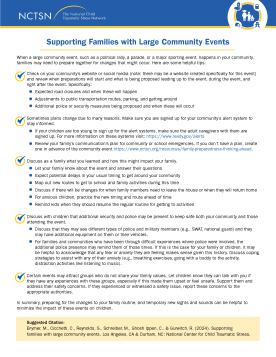
Supporting Families with Large Community Events
Provides information for parents and caregivers about how to support their family when a large community event is happening in their city or town.
All NCTSN resources on Terrorism and Violence are available here.

Provides information for parents and caregivers about how to support their family when a large community event is happening in their city or town.
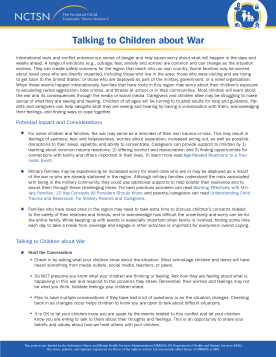
Offers information for caregivers on how to talk to children about war. This fact sheet includes the potential impact and considerations when talking to children about war, how to start the conversation, understanding media coverage, and how to foster resilience. Updated 2023.
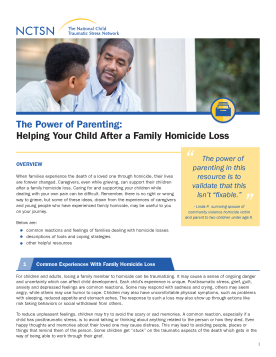
Offers parents and caregivers information to help support their children after the loss of a family member due to homicide.
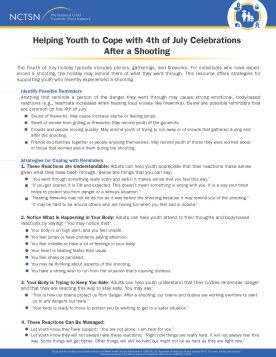
Offers strategies for supporting youth who recently experienced a shooting on how to cope with 4th of July celebrations.
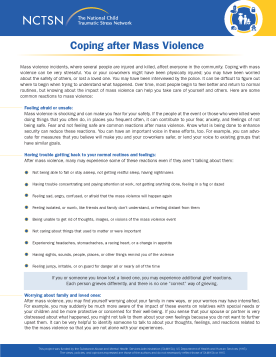
Offers information on coping after mass violence. This fact sheet provides common reactions children and families may be experiencing after a mass violence event, as well as what they can do to take care of themselves.
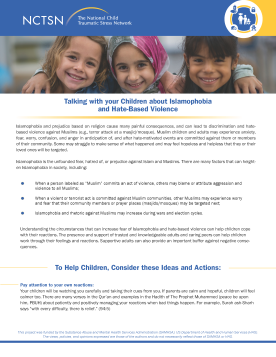
Discusses Islamophobia and hate-based violence against Muslims, highlights strategies that parents and caregivers can usd to facilitate effective conversations, offers age-specific guidelines, and provides actions families and communities can take before an event occurs.
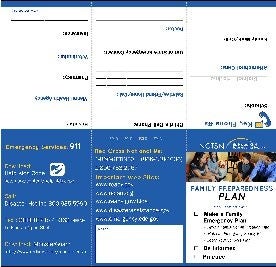
Allows families to list important telephone numbers and other information that could be useful in the case of an emergency. Each member of the family should carry these cards with them at all times in case an event occurs and all family members are not together.
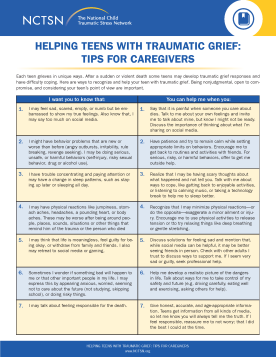
Describes how teens may feel when struggling with the death of someone close and offers tips on what caregivers can do to help.
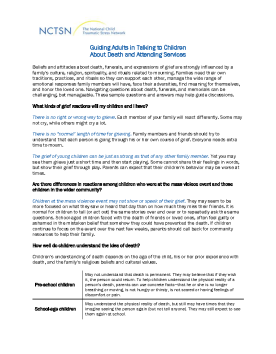
Provides ways to navigate questions about death, funerals, and memorials for children. This fact sheet discusses this challenging, but manageable, task and includes sample questions and answers to help guide discussions.
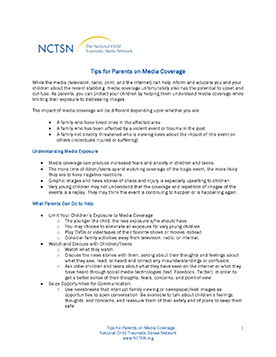
Gives information to parents and caregivers about media coverage following a stabbing. This tip sheet describes what parents can do to help their children, media exposure after events, and talks about what it is like when a family is a part of the story.

Offers caregivers advice on helping children deal with the complex emotions that arise when the death of family member or other important person in a child's life is suspected, but not confirmed.
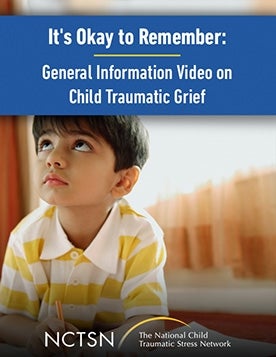
Features a first-person narrative illustrating how a family can move through the pain of loss and go on to heal. The family shares their personal experiences of the traumatic grief experienced by one daughter after her sister's sudden death.